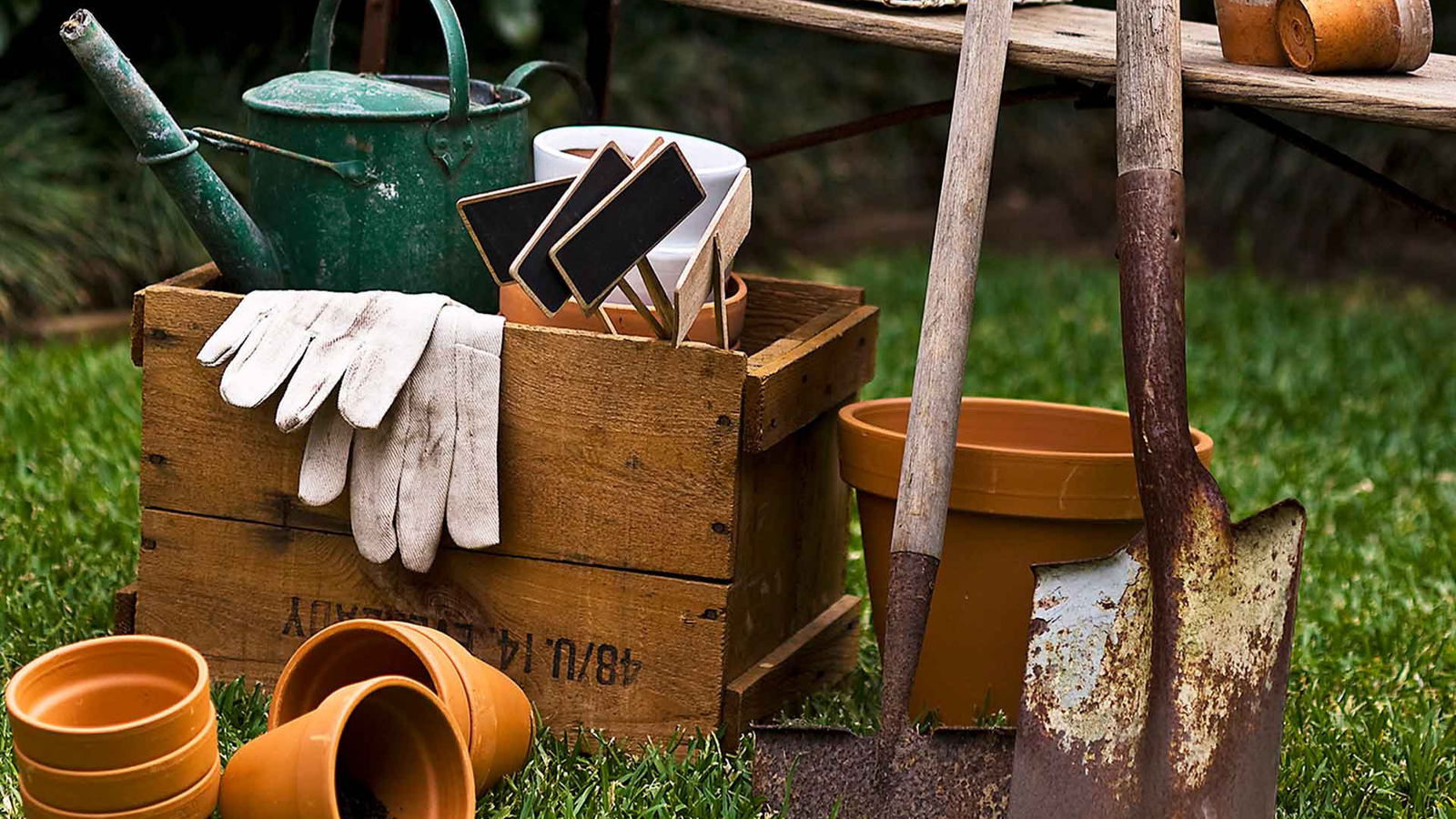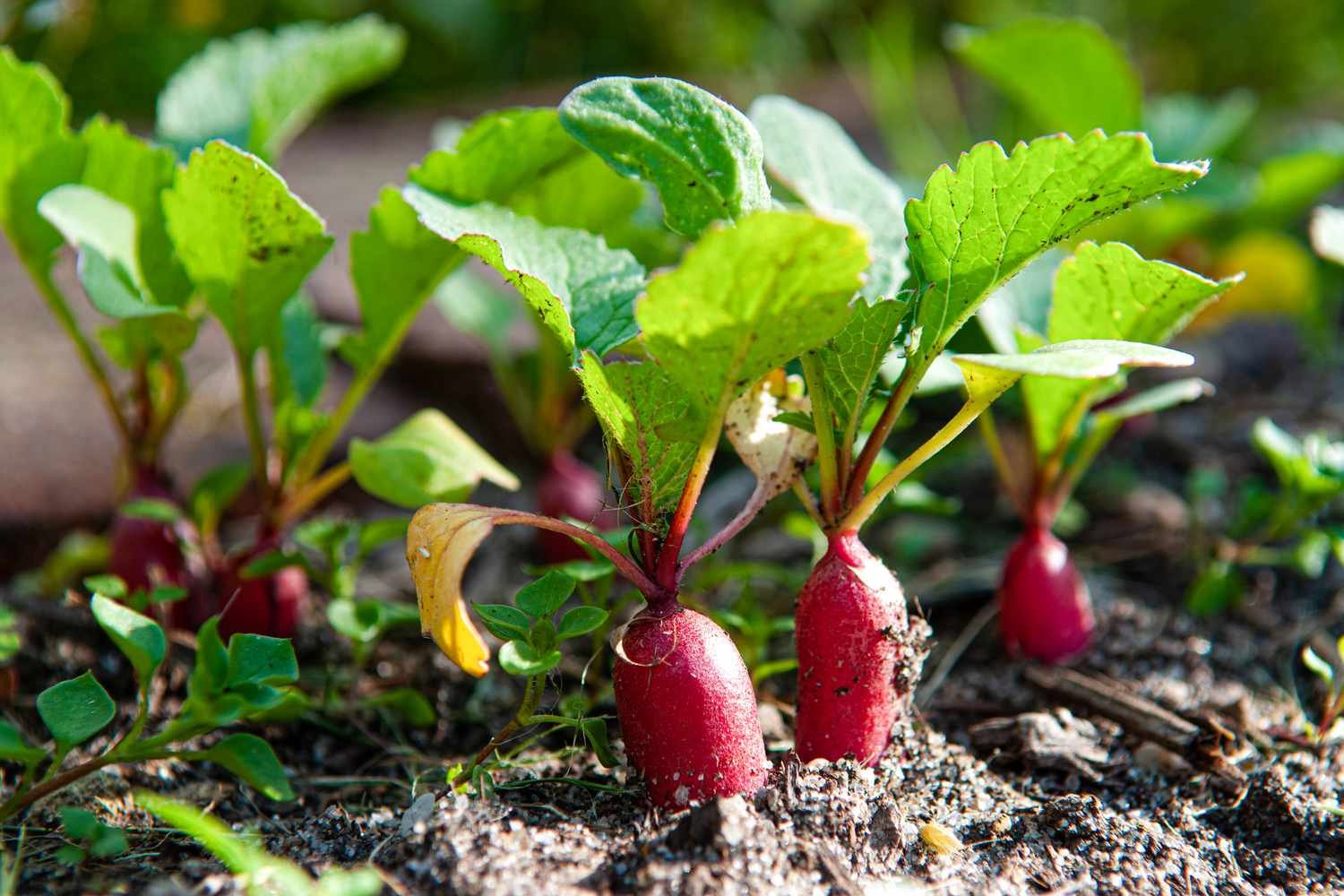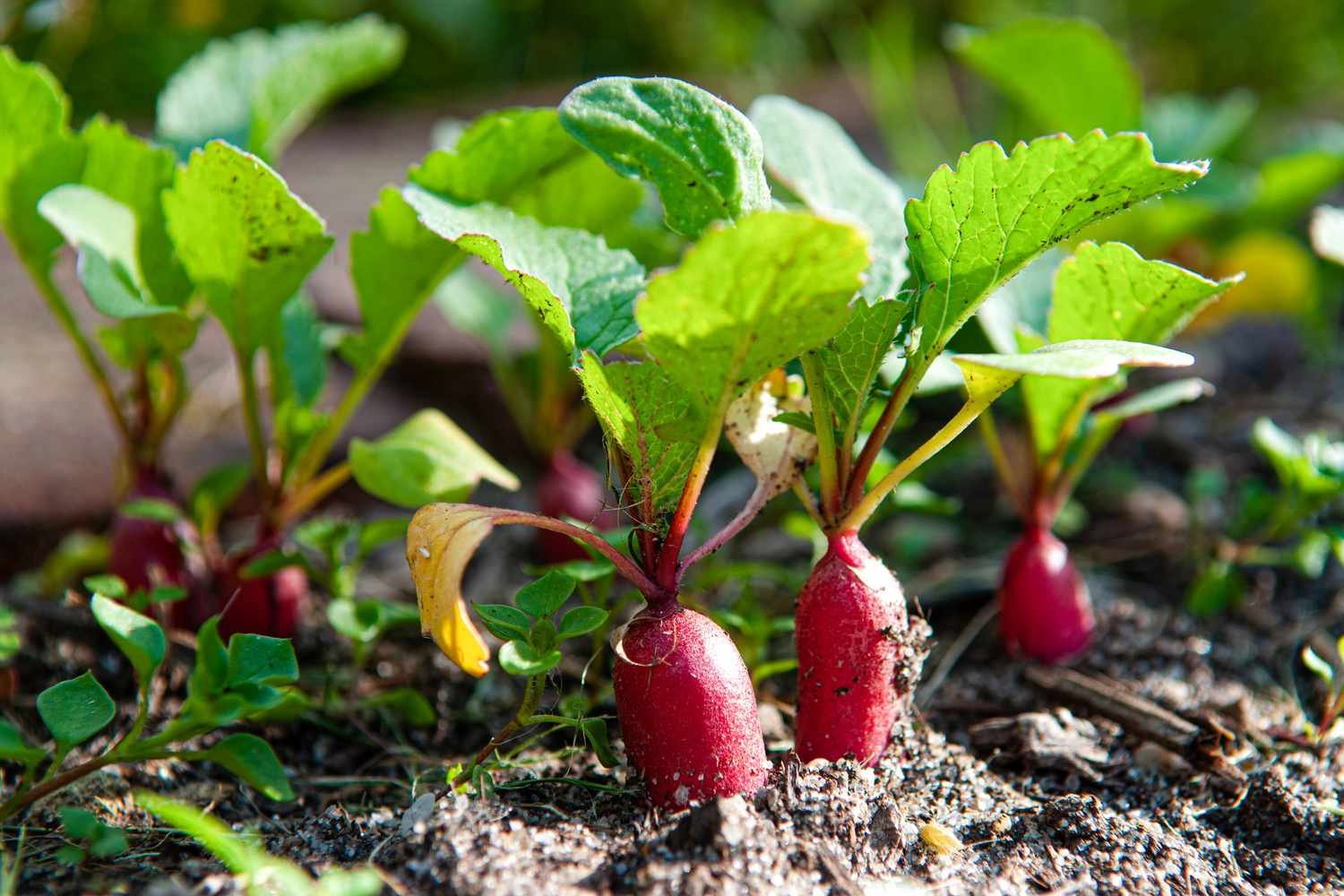Manure has been used as a natural fertilizer for centuries, and for good reason. It enriches the soil with essential nutrients, improves soil structure, and supports sustainable gardening practices. Here’s a detailed look at the benefits of using manure in gardens and how it can help you grow healthier, more productive plants.

Enriches Soil with Nutrients
Manure is rich in essential nutrients that plants need to grow and thrive.
Key Nutrients
- Nitrogen: Promotes healthy leaf and stem growth.
- Phosphorus: Encourages strong root development and flowering.
- Potassium: Aids in overall plant health and disease resistance.
Benefits
- Balanced Nutrition: Provides a steady supply of nutrients as it breaks down, ensuring plants receive what they need over time.
- Organic Matter: Adds organic matter to the soil, which improves its nutrient-holding capacity.
Improves Soil Structure
Good soil structure is crucial for healthy plant growth, and manure plays a key role in enhancing it.
Benefits
- Aeration: Manure helps create a looser soil structure, which improves air circulation around plant roots.
- Drainage: Enhances soil’s ability to drain excess water, preventing root rot.
- Water Retention: Increases the soil’s capacity to retain moisture, ensuring plants have access to water during dry periods.
Enhances Soil Microbial Activity
Healthy soil teems with beneficial microbes that support plant growth, and manure boosts this microbial activity.
Benefits
- Decomposition: Encourages the decomposition of organic matter, releasing nutrients into the soil.
- Disease Suppression: Some beneficial microbes can help suppress soil-borne diseases and pests.
- Symbiotic Relationships: Enhances symbiotic relationships between plants and beneficial fungi, such as mycorrhizae, which improve nutrient uptake.
Promotes Sustainable Gardening
Using manure supports sustainable gardening practices by recycling waste and reducing the need for synthetic fertilizers.
Benefits
- Recycling Waste: Converts animal waste into a valuable resource for gardens.
- Reduces Chemical Use: Decreases reliance on synthetic fertilizers, which can harm the environment.
- Improves Soil Health: Long-term use of manure improves overall soil health and fertility, making gardens more resilient.
Increases Organic Matter
Organic matter is essential for healthy soil, and manure is a rich source of it.
Benefits
- Soil Fertility: Organic matter enhances soil fertility by providing a continuous release of nutrients.
- Soil Tilth: Improves soil tilth, making it easier to work and plant.
- Carbon Sequestration: Adds carbon to the soil, which can help mitigate climate change by sequestering atmospheric carbon dioxide.
Provides Slow-Release Fertilization
Manure releases nutrients slowly, providing a long-term source of nutrition for plants.
Benefits
- Consistent Feeding: Ensures plants receive a steady supply of nutrients over time.
- Reduces Runoff: Minimizes nutrient runoff into waterways, which can be a problem with fast-release chemical fertilizers.
- Enhances Root Growth: Slow-release fertilization encourages deeper root growth, making plants more drought-resistant.
Cost-Effective Fertilizer
Manure is often more affordable than synthetic fertilizers, especially if sourced locally.
Benefits
- Cost Savings: Reduces gardening costs by providing an inexpensive source of nutrients.
- Local Sourcing: Can often be sourced from local farms or stables, supporting local agriculture and reducing transportation emissions.
- Natural Resource: Utilizes a natural resource that might otherwise go to waste.
Conclusion
Using manure in gardens offers numerous benefits, from enriching the soil with essential nutrients and improving soil structure to promoting sustainable gardening practices and providing cost-effective fertilization. By incorporating manure into your gardening routine, you can create a healthier, more productive garden while supporting the environment. Happy gardening!











